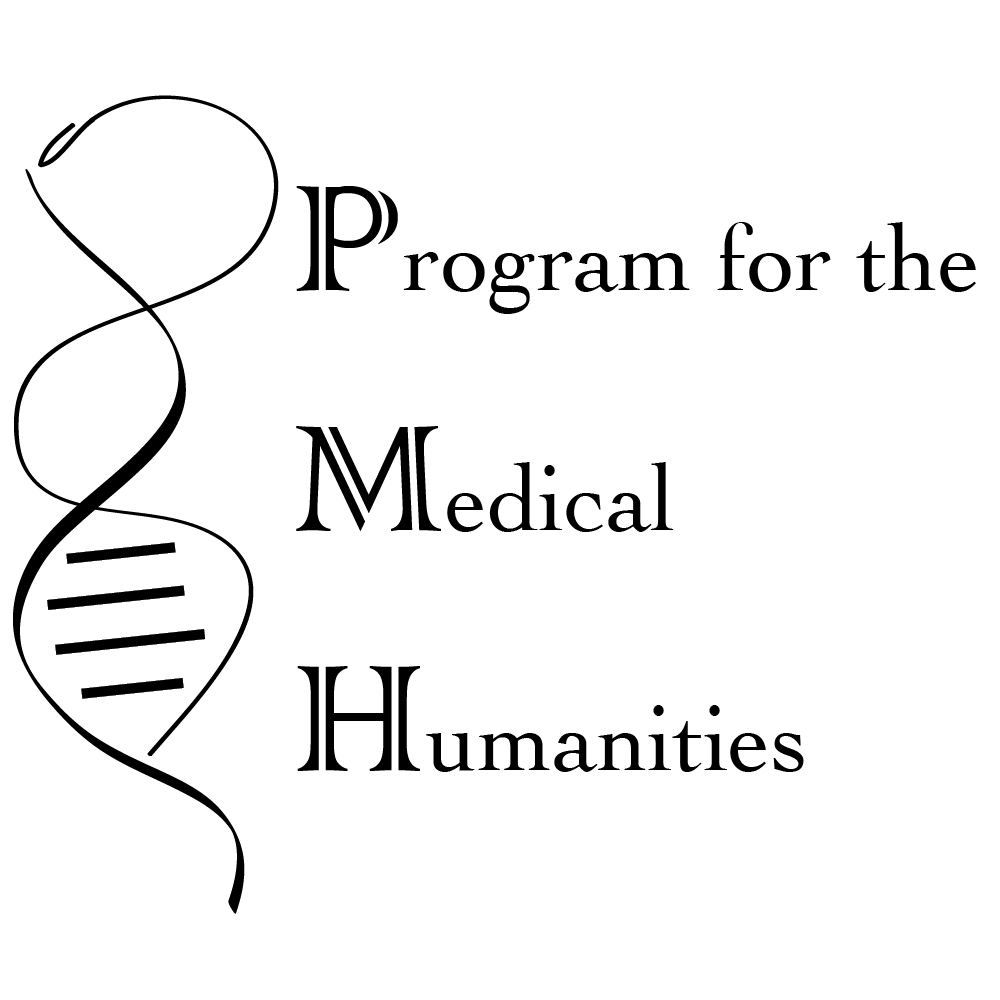British doctors do less of everything, writes Lynn Payer, a medical journalist whose Medicine and Culture (1995), a lively comparison of medical practices in France, England, Germany and the U.S. offers compelling evidence of the surprising degree to which medicine is culturally imbedded. American doctors do more. If you’re practicing medicine in this country, you’re very likely trained to err on the side of taking action. What Sunita Puri in a recent JAMA piece (“Extraordinary,” 8/27/14, pp. 793-4) calls “unacceptable uncertainty,” the lag time between observation and action, the time it takes to listen to the inner dialogue between the trained professional self and the ancient elder within who knows things, the time it takes to come to a decision, is very short. Doing nothing is precarious and embarrassing. And dying is a crisis—not a time to do nothing.
What I love about working as a volunteer with hospice—an organization that originated, significantly, in England—is that dying is not a crisis. It is a process to be witnessed. The hospice facility nearest where we live is a house in a residential neighborhood, where families can come and be with the dying, make meals, rest, weep, pray, talk, walk in the garden or—since, as one staff member put it, there is “no judgment” there—watch football if they want to. Medical professionals make sure the patient is comfortable and out of pain. People accept that dying is what is happening. There is very little to do.
I wonder sometimes how the rest of medicine, and certainly medical training, might benefit from expanding—just a little—the window of acceptable uncertainty, or the time of doing nothing. In this culture both patients and doctors are conditioned, partly by medical soap operas, partly by pharmaceutical ads, partly by a culture that has made outcomes and measurable results a tyrannical measure of validity, to see illness and death first as problem, then as crisis. The higher tolerance of the British with their cheerful stiff upper lips and their trust in resilience may offer something we can learn from, especially in emergency rooms where people are doing one of the things all people do—dying of natural causes. Shutting down. In due time. In the fullness of time. Taking the time it takes. The dying take their time. We need to learn, again and again, to take ours.









